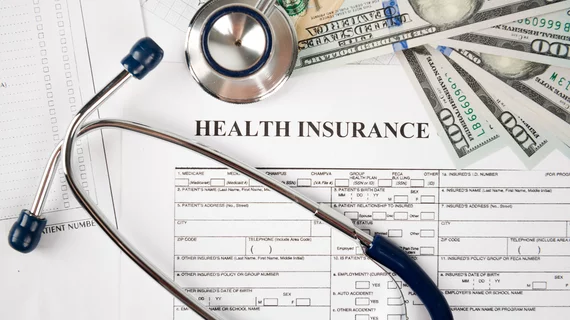Lack of understanding about healthcare insurance is impacting the health of Americans.
That’s because 27.2% of people said they’ve avoided care or treatment because they were unsure of what was covered under their insurance, according to a new survey from Policygenius. There were even some people (13.2%) who weren’t sure if they had health insurance. The survey queried 1,500 people in early October about healthcare literacy.
"The survey data suggest the reason people avoid care is because they don't fully understand their insurance coverage and would rather avoid a surprise bill," Myles Ma, healthcare expert at Policygenius, said in a statement.
Surprisingly, an overwhelming majority of those surveyed didn’t know which basic health services were completely covered by insurance under the Affordable Care Act, and most were uninformed about the healthcare law generally. More than 85% said they didn’t know these basic benefits––above the 80% who said the same in 2018 and 78% in 2017.
In addition, more people believed health insurers didn’t have to cover the essential health benefits this year compared to 2018––44% incorrectly believed this compared to 28% in 2018.
Many were also unfamiliar with the tree most common costs in healthcare––only 29.3% correctly named the expenses of premiums, copays and deductibles. Among those with insurance, only a little more than a third said they knew all three terms.
"It's almost like speaking a foreign language," Christine Wilson, a spokeswoman for the National Patient Advocate Foundation, the advocacy arm of a nonprofit that helps patients with chronic and life-threatening illnesses gain access to healthcare, said in the survey.
A very low amount of people (11.9%) knew when the open enrollment period was open for 2019, and only about 22% of people said they knew subsidies were available to help families purchase insurance on the individual market. Sadly, just 15.9% of people without insurance said they knew about subsidies.
Even though Republicans did away with the individual mandate penalty as part of the 2018 budget bill, 80% of people said they still believed the tax penalty still existed.

